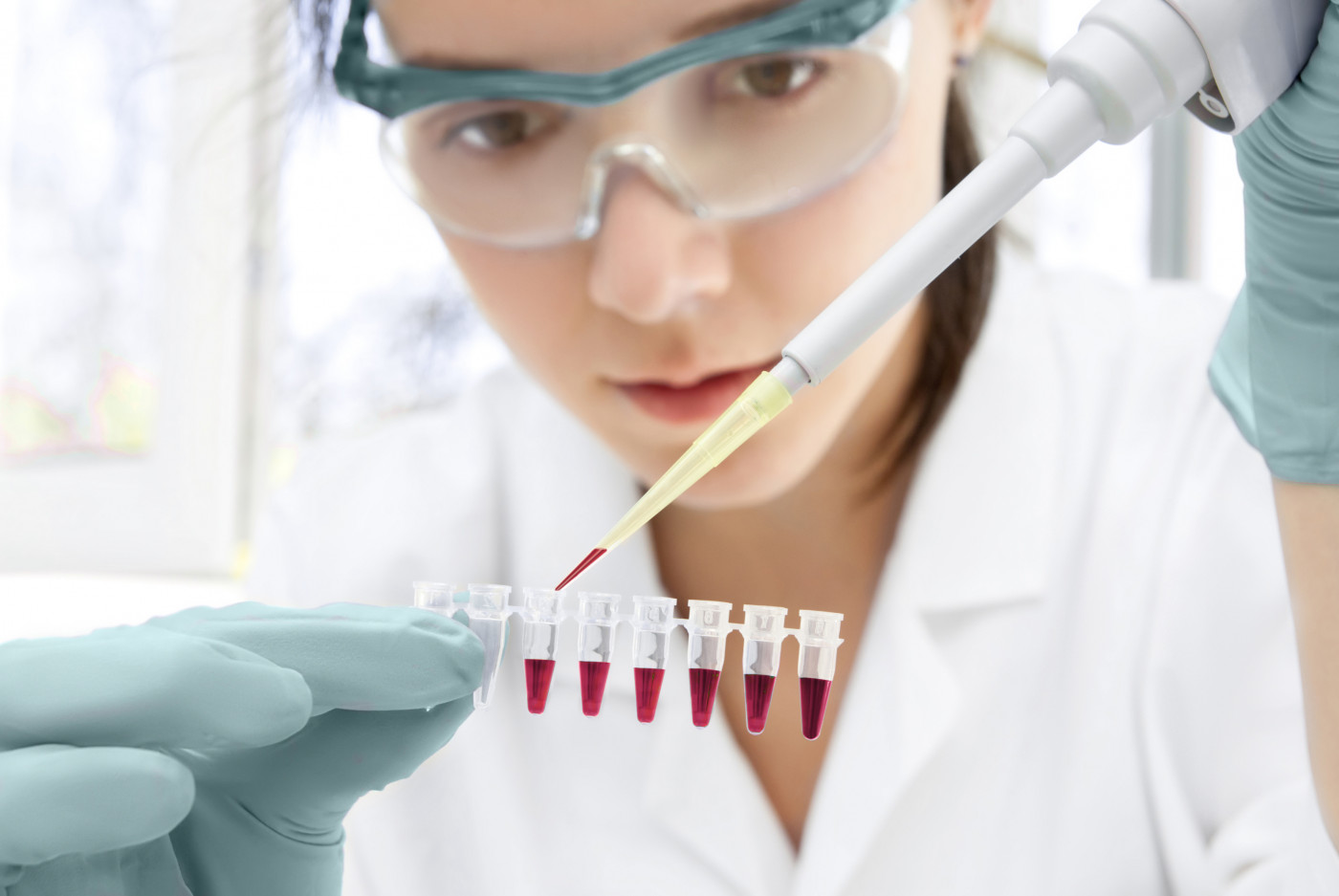Levels of Infection-fighting Antibodies Low in Blood of People with MS, Study Finds
Written by |

People with multiple sclerosis (MS) tend to have low levels in their blood serum of certain antibodies that can protect against infection, regardless of whether they are using a disease-targeted therapy or not, a study reports.
These levels were not so low as to risk infection on their own, but were lower-than-normal across all MS subtypes and particularly low in people with secondary progressive disease (SPMS).
“Reduced serum immunoglobulin G concentrations in multiple sclerosis: prevalence and association with disease-modifying therapy and disease course,” the study was published in the journal Therapeutic Advances in Neurological Disorders.
Antibodies (also known as immunoglobulins, or Ig) are an essential component of the immune system that help fight infection. Because many MS therapies work by decreasing the activity of the immune system, it is possible that treated patients have abnormally low levels of certain kinds of antibodies and, as a result, become more prone to infection.
A team led by researchers at Bern University Hospital, University of Bern, Switzerland, set out to examine the link between antibodies, targeted therapies, and disease characteristics in people with MS.
To do this, they analyzed data from two European MS cohorts — a Bern University Hospital group (Switzerland), and a Eginition University Hospital group (Greece) — totaling 327 patients.
They found that 15.3% of the MS patients had lower-than-normal (less than 700 mg/dL) levels of a type of antibody called immunoglobulin G (IgG), the most common type of antibody the body produces. These low levels were seen in a significantly higher percentage of MS patients than in a control group of people with head and neck pain (3.5%).
Other antibody types — namely IgA and IgM — trended toward being lower in the MS groups, but the differences were not statistically significant.
Interestingly, low IgG levels were found even in MS patients who were not being actively treated — about 8.1% of untreated MS patients had IgG levels below the 700 mg/dL threshold. According to the team, these patients “were 2.3 times more likely to have IgG concentrations below 700 mg/dL compared with the control patients.”
People with MS who were being treated with rituximab (Rituxan), corticosteroids, Tysabri (natalizumab), and Gilenya (fingolimod) had significantly lower IgG levels, on average, than those who were not being treated, which is in line with the fact that these therapies work by decreasing immune system activity.
The researchers also found that people with secondary progressive MS had significantly lower IgG levels (average of 750 mg/dL) than those with primary progressive MS (PPMS; average of 940 mg/dL) or relapsing-remitting MS (RRMS; average of 950 mg/dL). This difference held even when looking only at serum levels of untreated SPMS and PPMS patients.
“When considering only RRMS and SPMS patients without disease-modifying treatment (n = 179 and n = 8, respectively), the significant difference in IgG concentrations remained present despite the small sample size in the SPMS group,” they wrote.
“Altogether, our study demonstrated high prevalence rates of reduced serum IgG concentrations in MS patients with and without disease-modifying treatments,” they concluded.
However, “the significance of lower IgG concentrations at the levels noted is unclear, considering that infections or interference with antibody production generally occur when IgG levels are much lower, at or below 400 mg/dl,” they aded.
Nonetheless, the researchers believe that monitoring IgG levels, particularly in MS patients on treatments that target the immune system, could be helpful in avoiding dangerously low antibody levels (generally considered to be at or below 400 mg/dL) that could predispose these people to infections.


